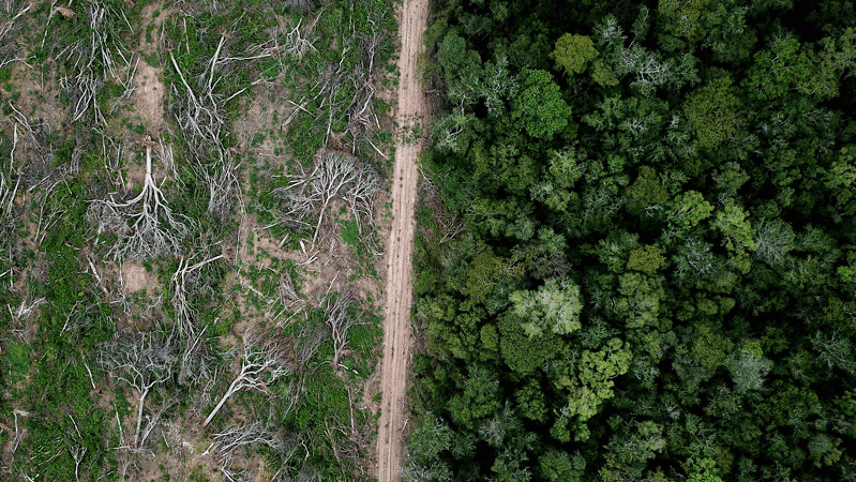Register for free and continue reading
Join our growing army of changemakers and get unlimited access to our premium content

That is according to PwC, which has published new research today (19 April) at the same time as unveiling plans to double its team of nature specialists within a 12-month period.
PwC assessed the dependency of more than 160 sectors on nature, assessing what proportion of their revenues and profits are either moderately or highly dependent on natural resources and ecosystem services. The conclusion is that more than half of global GDP, 55% or $58trn, is dependent on nature and therefore exposed to risks relating to nature loss and degradation. This is up from the $44trn estimated by the World Economic Forum and PwC in 2020.
More than half of the market value of listed corporates on 19 major stock exchanges are exposed to physical nature risk, PwC also found. It described the potential impacts of nature’s decline on the global economy as “far-reaching”.
Most economic risk will occur not in the operations of corporates, PwC concluded, but in their supply chains. Some supply chains could have most of their value “wiped out” by ecosystem disruption. The portion of GDP at risk in corporate operations in 12%.
To prevent this risk from crystallising, PwC is calling on businesses to develop and deliver credible, science-based strategies to deliver a net-positive impact on nature through their operations and value chains.
“The imperative is clear: if organisations are to mitigate their impacts on nature, manage the risks and deliver sustained outcomes – not just for their operations but our planet and society-at-large – they need to transform their business models now,” said PwC UK’s global sustainability leader Will Jackson-Moore.
To help respond to these needs, PwC has committed to doubling the number of staff within its nature teams within the next 12 months. It will also set about training all 328,000 of its employees globally to help them better understand how to work with clients on developing and delivering nature-positive strategies.
The pressure on businesses to measure and disclose their nature-related impacts is due to increase in the coming years. At the UN’s 15th biodiversity COP last December, nations agreed to mandate large businesses to disclose their nature-related impacts and risks by 2030.
The framework through which most nations will likely mandate disclosures is that of the Taskforce on Nature-related Financial Disclosures (TNFD). The Taskforce released its fourth and last beta framework in March and a final, formal framework is due to be released later this year. This will doubltess inform future nature-related reporting standards from the International Sustainability Standards Board (ISSB).
Science-based targets for nature are also in the works, through the Science-Based Targets Network.
The cost of ending deforestation
The headline vision of the agreement struck at biodiversity COP 15 was to halt nature’s decline this decade and bring about restoration at an unprecedented pace and scale thereafter. Ending deforestation will be a key focus area.
This week, the Energy Transitions Commission (ETC) has published what it claims is the world’s first report estimating the cost of ending all economic incentives for cutting down trees. The price tag is set at $130bn per year, at a minimum, from 2030 – up 50-fold from the amount of finance provided in 2022.
This level of funding, the ETC concludes, cannot come solely from governments alone. Philanthropists, corporates and carbon markets will all need to play a role.
Beyond top-level commitments to make deforestation illegal – and to properly enforce these commitments – Governments will need to set the direction of travel to reduce consumer demand for forest-risk commodities such as meat produced in forest regions, the ETC concludes. They will also need to work with local policymakers, philanthropists and the private sector to ensure alternative revenues are available, such as eco-tourism and sustainable food and commodity production.
“Without a significant flow of concessional and/or grant payments, any reduction in deforestation will come too late to make it possible to limit global warming to well below 2C, let alone to 1.5C,” said ETC chair Lord Adair Turner. Man-made deforestation is estimated to be responsible for nearly 15% of total global CO2 emissions.
Lord Turner added: “But finance alone cannot deliver an end to deforestation. Action to reduce the fundamental consumer demands which are driving deforestation are also essential – and must be a priority for governments, business and consumers.”


Please login or Register to leave a comment.